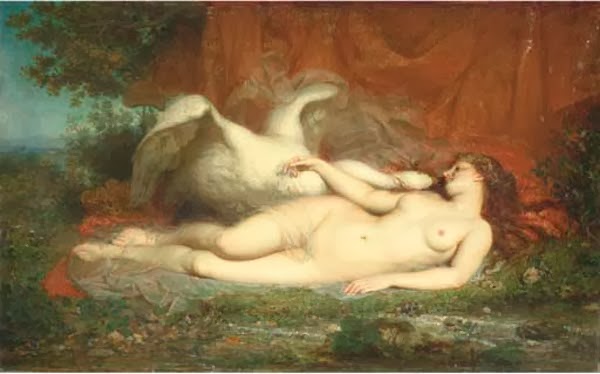 |
| Does a 'proper' tragic hero need a crown? |
Christmas Eve brought an email inviting me to write an essay about tragedy and social class. Why did everyone in Greco-Roman antiquity and into the 19th century think tragic heroes had to ‘fall from high estate’? It was only partly because Aristotle had decreed in his Poetics that heroes should ‘have a big reputation and fortune like Oedipus and Thyestes and distinguished men from families like theirs’ [i.e. royalty].
 |
| Modern Misery amidst Money |
I have always thought myself that half the pleasure of tragedy was motored by underlying envy--watching very rich and powerful people have a really bad day offers much the same Schadenfreude to us commoners as we derive from reading about billionaires’ botched Botox and miserable divorces in celebrity-watch magazines today.
But I have a problem with this commission which I hope crowd-sourcing can help. There are a few working-class tragic heroes in the cultural repertoire. Jesus of Nazareth, on a secularist account, was the first. Born to loving parents and general applause, he ended up executed by a repressive establishment because he banged on about the poor: theologians agree that the Gospels show the influence of Greek tragedy in their structure and tone. Theatre historians, on the other hand, will tell you that the breakthrough came in 1837 with Karl Georg Büchner’s revolutionary (and unfinished) tragedy Woyzeck, which portrays its soldier-hero’s fall from a very low estate to conviction for murder.
 |
| Woyzeck, Deutsches Theater, 2009 |
In the projected essay I have been asked to discuss media other than theatre, and this is where my problem starts. Fiction is easy—Godwin’s Caleb Williams and Hardy’s Jude—but cinema is giving me problems. The Father Of My Children suggests Milos Forman’s One Flew Over the Cuckoo’s Nest, and I have been pondering both Trainspotting and Mike Leigh’s Naked. But inspiration is otherwise lacking.
 |
| Fall from Low Estate to ECT |
If you have an idea, please do comment or send me an email @kcl.ac.uk. If I use it you will of course be credited by name in the essay although this will certainly not make you rich and famous enough to star in a pre-19th century tragedy or even Hello! magazine. Any proposed artwork will have to fit my own general definition of tragedy: it needs to depict suffering in an aesthetically/emotionally gripping way, without voyeurism, and to enquire into the causes of that suffering. Collateral damage (to innocent people trapped to their cost in the hero’s plot) is, of course, particularly welcome.





















.jpg)
















































.jpg)














